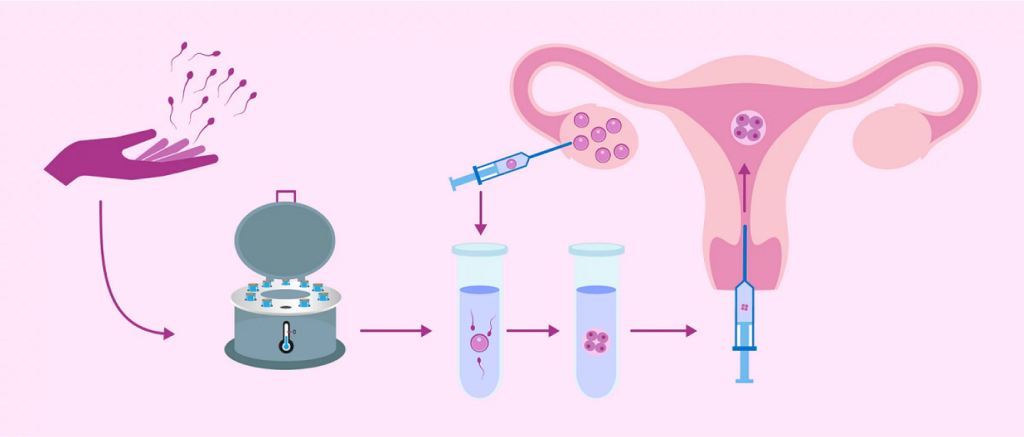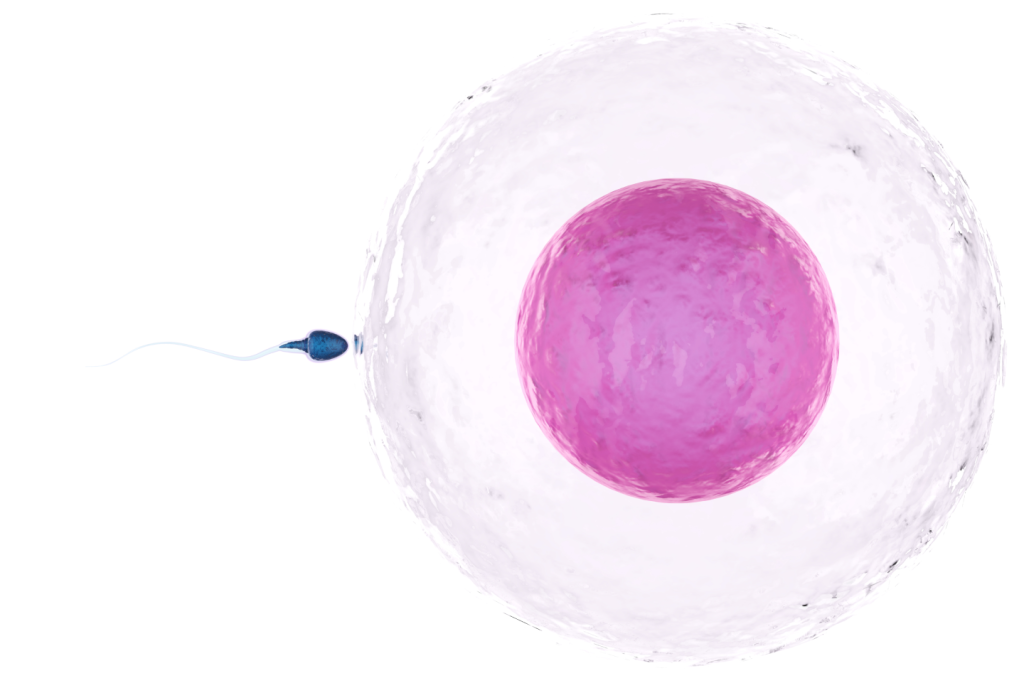Everything Will Be Fine,
Don't Give Up On Hope
Start Your Parenting Journey Today

Home / Fertility-Treatments / Donors & Surrogacy


Donors & Surrogacy
Best Lady Doctor, Gynecologist Obstetrician In Hosur, Krishnagiri, Tirupattur
Vijay Srishti Fertility Center has a comprehensive and supportive donor and surrogacy program to assist anyone who needs a donor sperm, egg or embryo or a surrogate mother to carry his or her baby for gestation. The dedicated team at our center provides you all the necessary steps and support with utmost compassion and care.

Donors & Surrogacy
Best Lady Doctor, Gynecologist Obstetrician In Hosur, Krishnagiri, Tirupattur

WHAT IS DONORS AND SURROGACY PROGRAM
The donor and surrogacy programs essentially has four parts:
- Egg Donation
- Sperm Donation
- Embryo Donation
- Gestational Surrogacy
Procedure of Egg Donation
The egg donation procedure is performed in two main steps:
- Counselling of the Donor
- IVF Cycle
The donor counselling is done for both, the recipient and the donor to consider the legal, social, emotional and psychological aspects of the process which will help the people involved make a healthy and informed decision for their future.
The pregnancy test is carried out after 10-14 days.


COST OF EGG DONATION
The success rate of the egg donation program is directly related to the age of the donor and te number of eggs that have been donated.
What is Sperm Donation?
Sperm Donation is a procedure by which a man donates his semen. The semen is the liquid released during ejaculation and contains the sperms. The donated sperm can help a couple or an individual help conceive a baby. The harvested sperm is injected into a woman’s reproductive organs either with help of IUI or IVF. This use of donated sperm is called third party reproduction

Who should consider donor Sperm?
The reasons why a couple or an individual may choose to get a donor sperm are:
- Male infertility problems in a heterosexual couple
- Single women who want to have a child
- Homosexual couple who want to have a child
- Genetic or Infectious disease in the male sperm
Considering health reasons and for the better, the donor sperm treatment is not advisable for women who are past their age of natural menopause i.e. 51 years. If you are over 40- 42 years old and are considering using a donor sperm, it is also advisable that you use a donor egg.

Who should consider donor Sperm?
The reasons why a couple or an individual may choose to get a donor sperm are:
- Male infertility problems in a heterosexual couple
- Single women who want to have a child
- Homosexual couple who want to have a child
- Genetic or Infectious disease in the male sperm
Considering health reasons and for the better, the donor sperm treatment is not advisable for women who are past their age of natural menopause i.e. 51 years. If you are over 40- 42 years old and are considering using a donor sperm, it is also advisable that you use a donor egg.
What is Embryo Donation?
Couples and women who undergo IVF treatment may have several embryos left. These embryos can be donated to couples or individuals who are looking forward to having a family. These donations can be either open or anonymous.


Who should consider donor Embryo?
- Any couple who is facing fertility issues
- A female homosexual couple
- Single mothers
- Single fathers with the help of surrogacy
Frequently Asked Questions
Any woman, from any background, who is willing to help another couple become parents by conceiving their child can become a surrogate. Before becoming a surrogate, all women must meet certain eligibility criteria and must be screened thoroughly before they can be matched with their intended parents. A few common requirements for a woman to become a surrogate are:
- Should be older than 25 years
- Have BMI in normal range i.e. between 22-25
- Should be a non-smoker and non-alcoholic
- Should have a child of her own
- Should not any medical history of pregnancy related illness or complications
- Should be able to travel from appointments
- Clear of any legal convictions
- Should submit complete medical history
- Should undergo a complete background check and in-home assessment
- Should compete a psychological examination and a full medical work up.
Yes. A woman can become a surrogate for a family member or a friend. This process is called as “identified surrogacy”. However, becoming a surrogate for a known to can cause a turmoil of emotional challenges and hence it is essential that every person involved gets a pre-surrogacy counselling and binds themselves with a legal contract despite the amount of trust or concern.
For any woman to become a surrogate for the intended parents it is essential for the two parties to enter into a legally binding contract stating all the terms and conditions specifically. Therefore, the issue of custody after the childbirth is not a problem in cases of surrogacy. And hence, the intended parents are the “legal parents” of the child. They are also the biological parents of the child.
In “gestational surrogacy”, the woman carrying the child is biologically not related to the baby. However, keeping a baby in its womb for 9 months might make them a little attached but the studies based on primary observation suggest that the surrogate pregnancies are not emotionally attached, as it is different from carrying their own children.
It is not very common, but in a few cases, surrogates may suffer in either of these ways. Every pregnancy carries certain amounts of risks to the woman. These risks can be physical or emotional such as postpartum depression. In the process of surrogacy, additional risks might be involved during the process of IVF and in the experience of the surrogate with the intended parents. Fortunately, the chances of surrogates suffering from any physical, mental or emotional distress are very low.
Yes, the intended parents are screened too. This is done to make sure that the intended parents are physically, mentally, emotionally, legally and financially ready to opt for surrogacy. The intended parents are screened with processes that involve a social check, background checks, medical histories and an in-home assessment.

